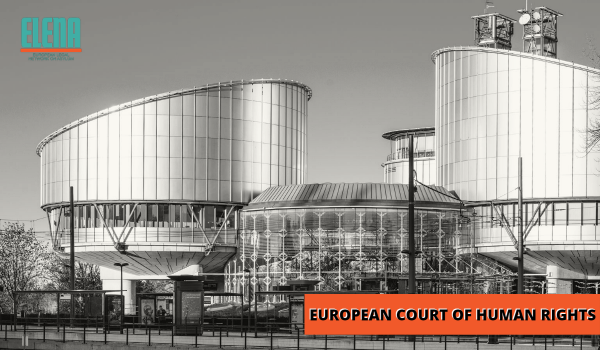On the 7th of September 2023, the European Court of Human Rights (ECtHR) ruled in its judgment Compaoré v. France. The case concerns a Burkinabe national, Paul Compaoré, the brother of the former President of Burkina Faso, who was under investigation for murders of journalists in 1998. The investigation was discontinued but reopened in 2015 and an international arrest warrant was issued. The applicant was arrested in France and Burkina Faso issued an extradition request and provided assurances. Mr. Compaoré’s domestic appeals were dismissed but the ECtHR granted interim measures suspending the extradition. The ECtHR relied on two military coups d’état in 2022, with the second government suspending the constitutional order.
The ECtHR held that initial stages of France’s examination of the assurances were adequate and diligent. However, given the current radically different political context in Burkina Faso, these assurances could not be considered valid. The ECtHR noted that the current regime has not called into question the unlawful nature of treatment contrary to Article 3 of the European Convention on Human Rights (ECHR). The Court observed that the assurances had not been confirmed by this second transitional government hence there was no longer the same evidence to ensure the reliability of the assurances on which France relied exclusively in their reasoning. The Court also noted that France refrained from automatically reassessing the situation in Burkina Faso despite having done so before.
The Court concluded that France’s failure to consider the new political and constitutional context in Burkina Faso, in particular, the fact that assurances were provided by a previous government before the coup, did not enable France to assess Compaoré’s risks to be subjected to a treatment contrary to Article 3 ECHR. Hence, ECtHR ruled that France would violate the procedural limb of Article 3 of ECHR if the extradition order were to be enforced.
Based on an unofficial translation from within the EWLU-team

